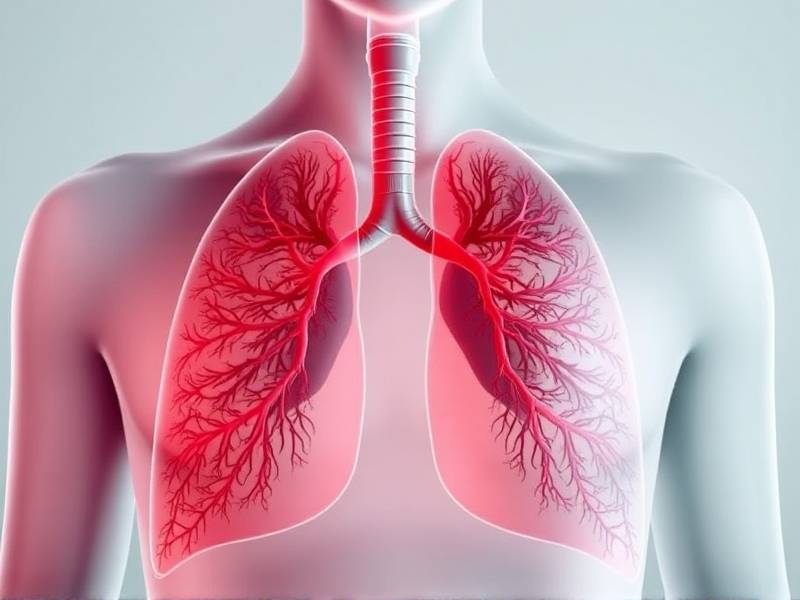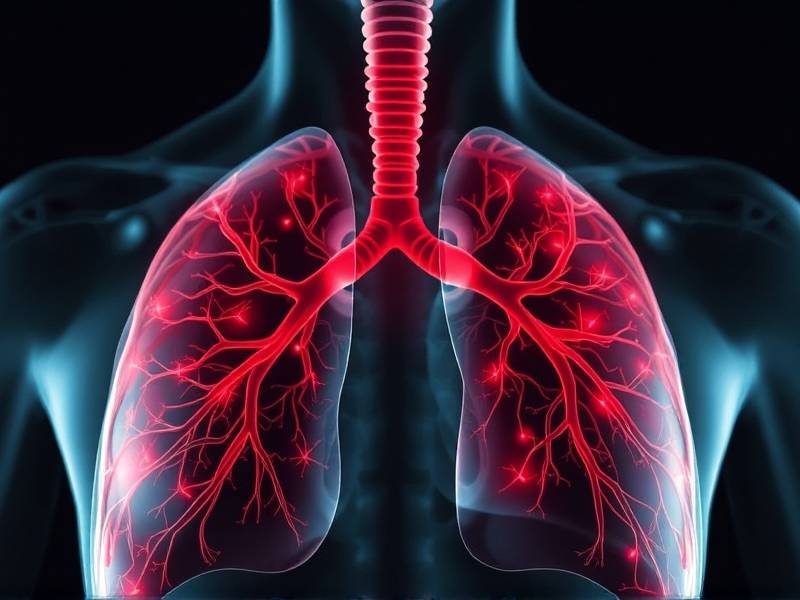How long does it take to return to normal lung function after quitting smoking?
The Journey to Normal Lung Function: How Long After Quitting Smoking?
Introduction: Quitting smoking is a significant step towards a healthier life. While the decision to quit is commendable, many smokers are curious about the timeline for their lungs to return to normal function. In this article, we'll explore the process and factors that influence lung recovery after quitting smoking.
How Long Does It Take? The time it takes for the lungs to return to normal function varies from person to person. On average, it takes about 2-12 weeks for the cilia (the tiny hair-like structures in the lungs) to regain their ability to clear mucus and debris effectively. This process is crucial for maintaining healthy lung function.

In the first few weeks after quitting, you may notice improvements in your breathing and a decrease in coughing and wheezing. Within three months, your lung capacity may increase by up to 10%, and your risk of heart disease starts to decline.
By one year after quitting, your chances of suffering from a heart attack decrease by half compared to when you were smoking. After five years, your risk of stroke drops significantly.
Factors Influencing Lung Recovery: Several factors can influence how quickly your lungs recover after quitting smoking:
- Age: Younger individuals tend to recover faster than older adults.
- Duration of Smoking: Longer smoking durations can lead to more severe damage and longer recovery times.
- Number of Cigarettes Per Day: Higher daily cigarette consumption can result in more extensive damage and prolonged recovery.
- Genetic Factors: Some people may have a genetic predisposition that affects lung recovery.
- Exposure to Secondhand Smoke: Continual exposure to secondhand smoke can exacerbate lung damage.
Emerging Research: Recent studies have shown that certain lifestyle modifications can accelerate lung recovery after quitting smoking:
- Regular Exercise: Physical activity helps improve lung function and reduces inflammation.
- Healthy Diet: A diet rich in fruits, vegetables, and omega-3 fatty acids supports lung health.
- Avoiding Air Pollution: Exposure to pollutants can worsen respiratory conditions.
Conclusion: The journey towards normal lung function after quitting smoking is unique for each individual but typically ranges from a few weeks to several years. By adopting a healthy lifestyle and being patient with the recovery process, you can enhance your chances of restoring optimal lung function.
Remember, quitting smoking is a significant achievement that deserves recognition and support from friends, family, and healthcare professionals alike.

For more information on quitting smoking and improving lung health, visit [reputable health organization website].
